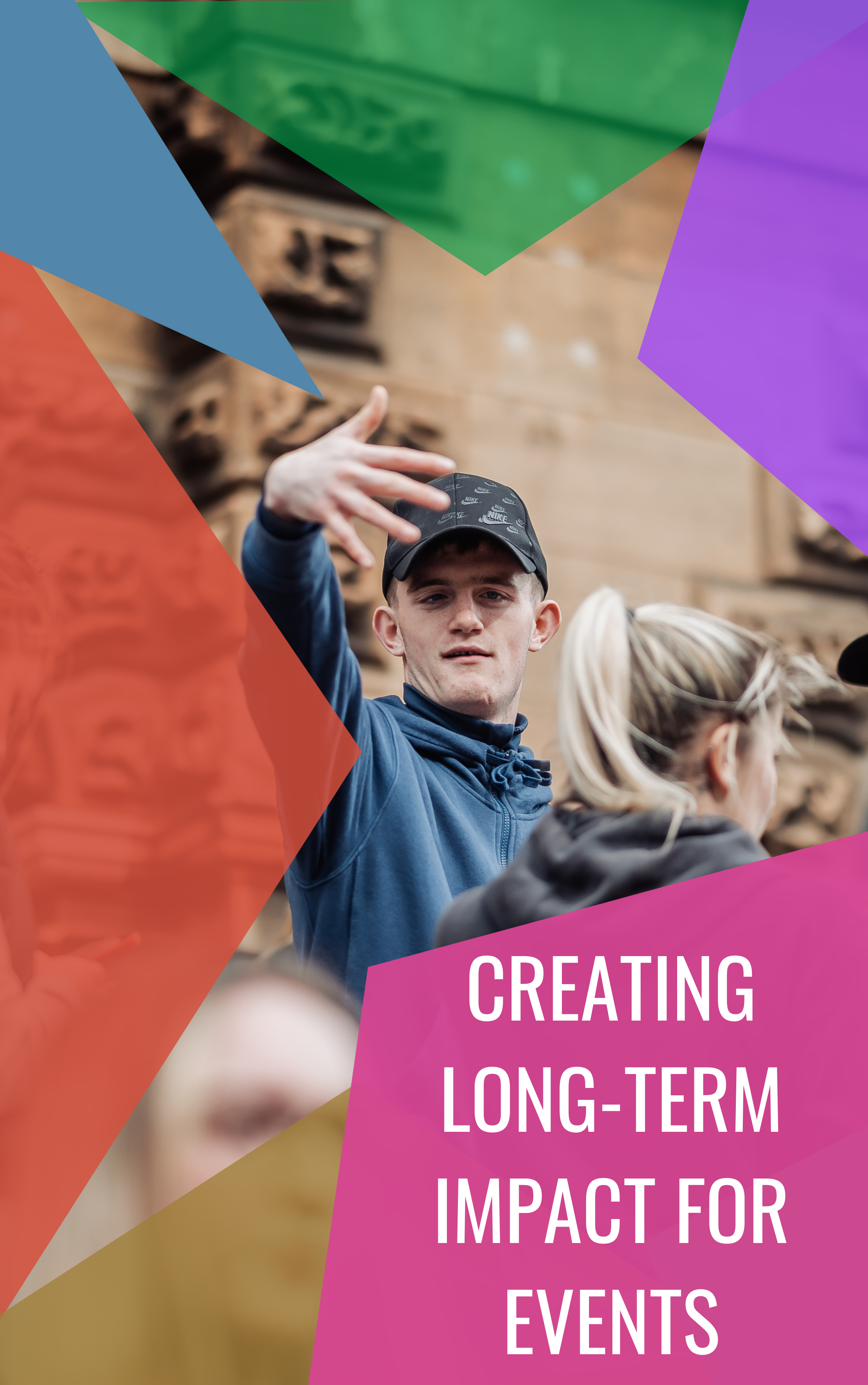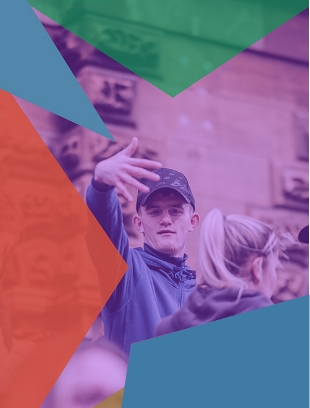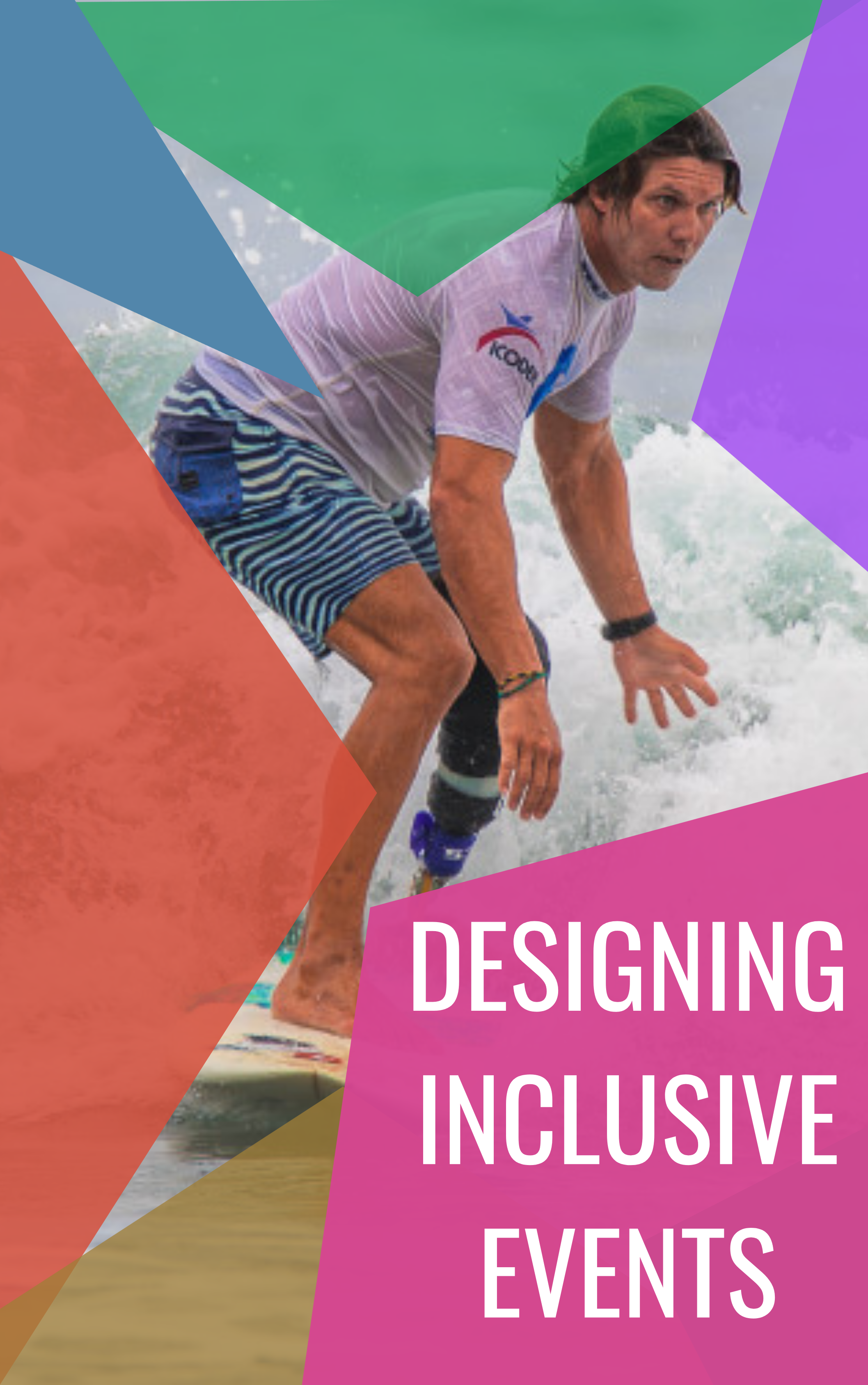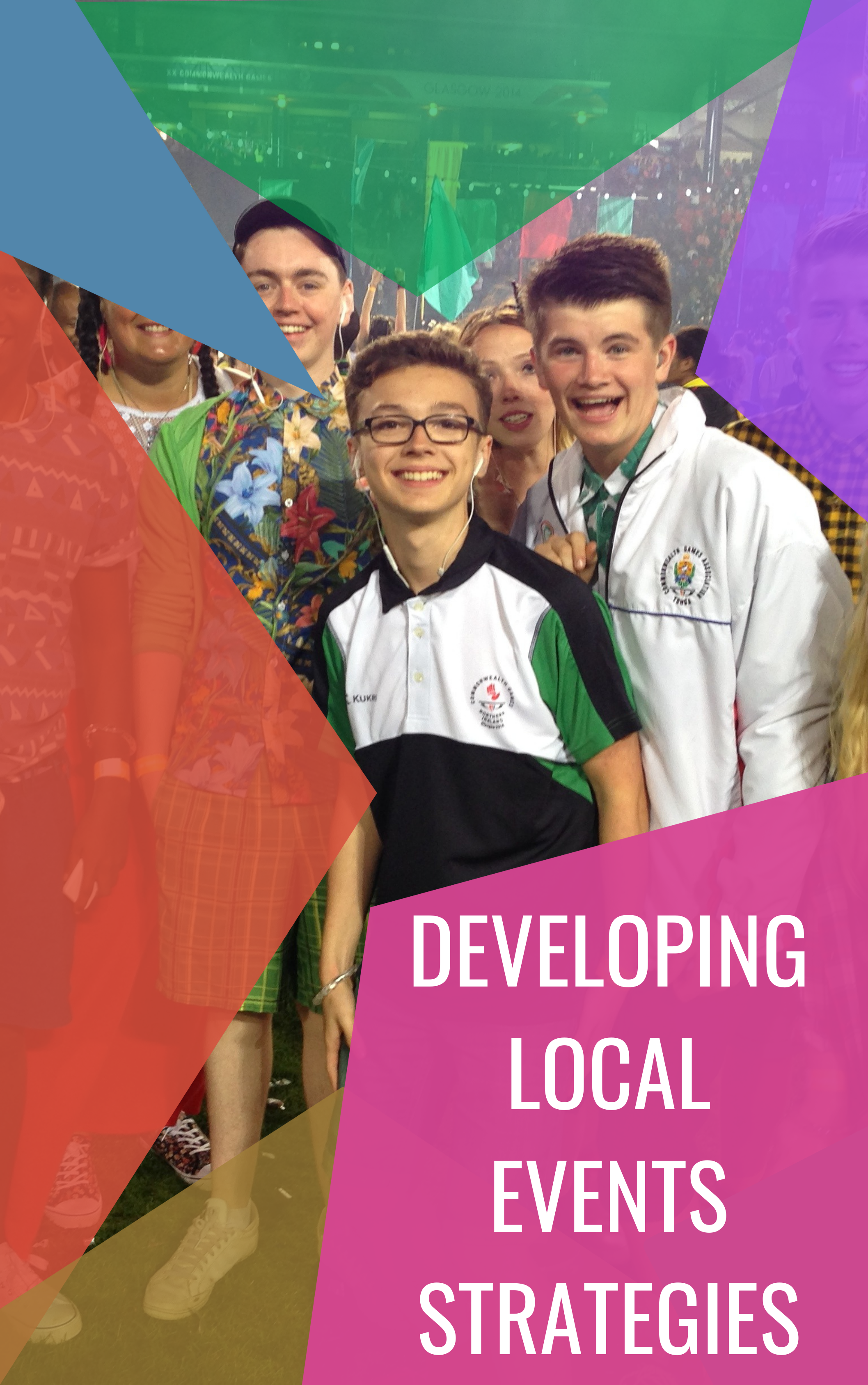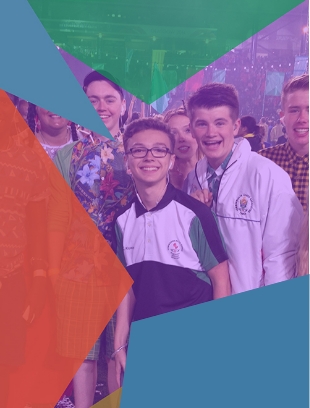
Improving Event Evaluation

Spirit of 2012 has been instrumental in shaping how major UK events from the Commonwealth Games to Cities of Culture understand, articulate, and measure their impact. We’ve championed the use of Theory of Change, commissioned innovative research, and supported numerous evaluations with funding and expertise. Through this work, we’ve helped raise the bar for how social outcomes are measured, advocating for evaluation that offers not just accountability, but real insight and learning.
There are strong, interconnected reasons to improve event evaluation:
- Clear articulation of the impact of events helps organisers effectively make the case for hosting and securing funding from government, funders, and policymakers.
- This helps us to understand events as strategic interventions, and the contribution they make to the goals and priorities of host locations.
- Strong longitudinal data collection and analysis help build a robust evidence base, fostering best practices that can transferred between events, as well as supporting our understanding of collective impact, where events achieve more together than individually.
- A well-defined Theory of Change provides a framework to link event activities to long-term outcomes, ensuring that the impact of events is intentional, measurable, and aligned with broader strategic objectives for both the host location and the country.
Understanding our impact, as well as the impact of our funded projects has been central to Spirit’s work. We have continually monitored our impact and commissioned independent evaluations of our own work. You can find out more about our own Theory of Change and how we’ve evaluated our impact in How We Work.
To get started with our work on improving event evaluation, check out:
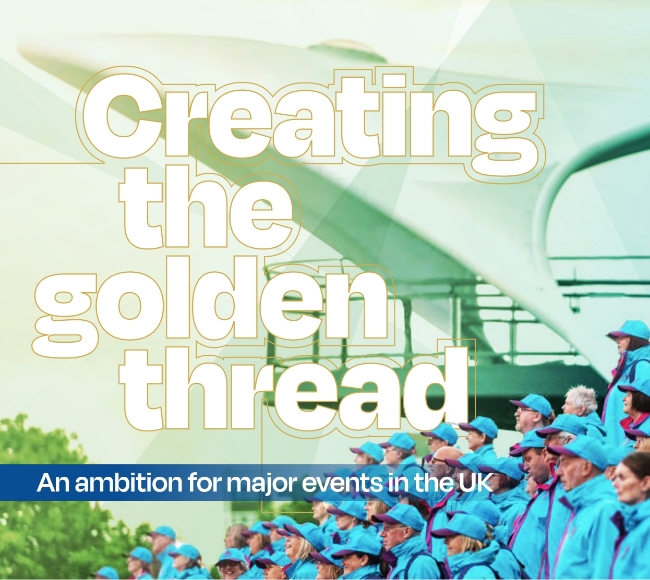
1Creating the Golden Thread – An Ambition for Major Events in the UK (Warwick Business School)
This report identifies the five core outcome areas common to most major events and sets out the case for a shared measurement framework.
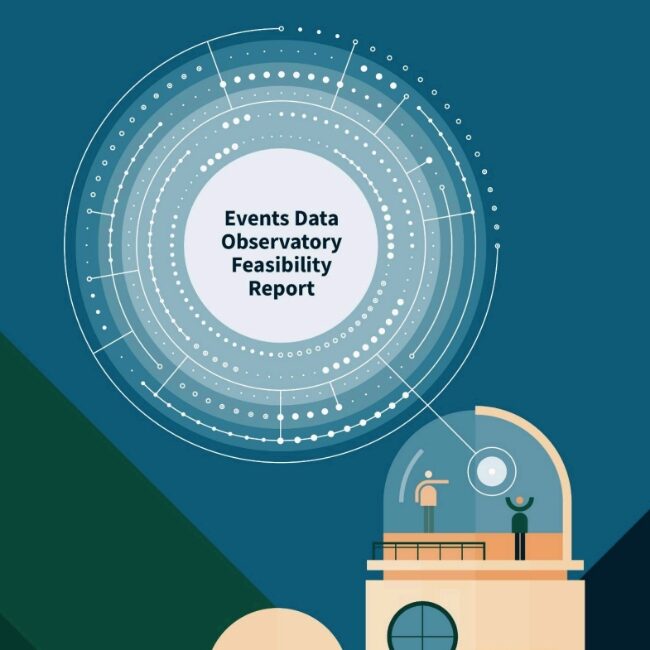
2Events Data Observatory (FRY Creative)
Our call for an Events Observatory, which outlines how we can improve knowledge transfer within the events ecosystem and start to better compare across and aggregate impacts from events. Written as a feasibility study for a new Data Observatory, the report also acts as a comprehensive overview of some of the ways event evaluations can improve.
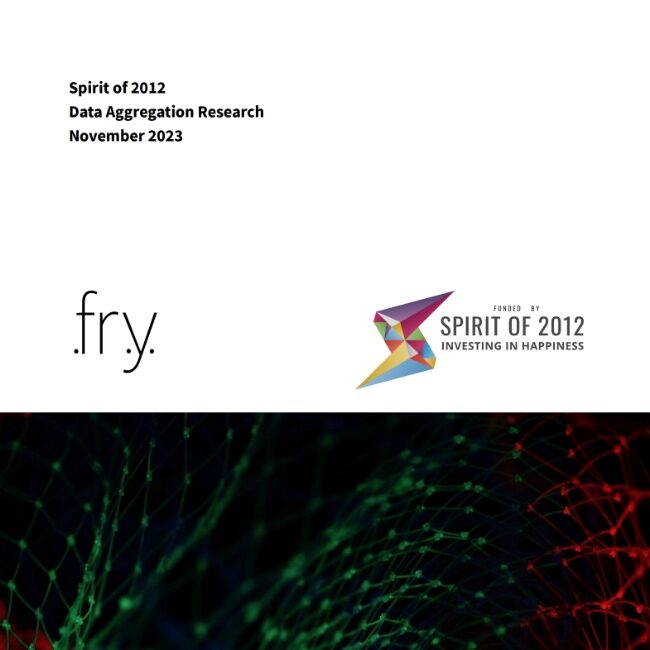
3Events Data Aggregation
Read it alongside Events Data Aggregation – A companion report from FRY Creative highlighting the challenges of aggregating audience data from three major events that occurred in 2022, with suggested remedies for policy makers and event organisers to allow for better comparison.
If you’re about to design your own event evaluation:
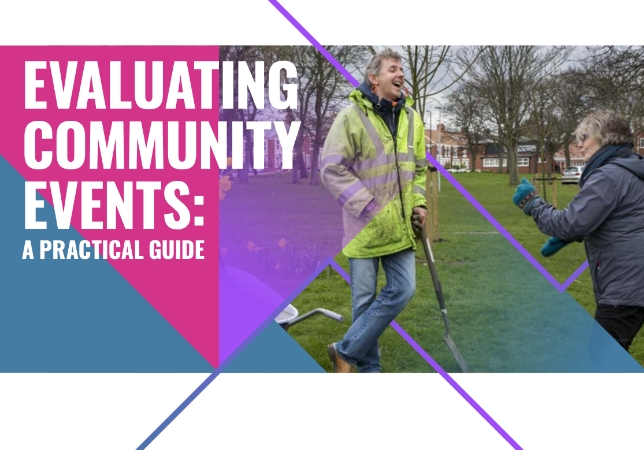
1Social Value of Community Events toolkit (Centre for Culture, Sport and Events)
This toolkit identifies six main areas you could measure, alongside suggested indicators and tips about preparing your plan. It comes with literature review and a template to fill in to plan your evaluation.
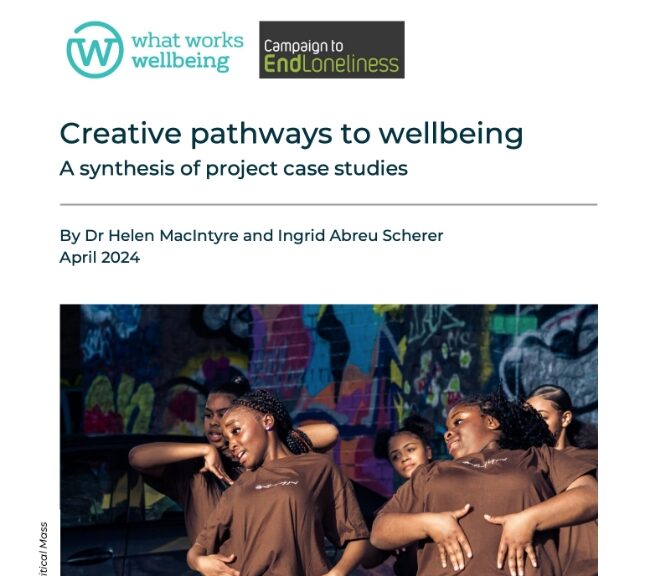
2Creative Pathways to Wellbeing (What Works Centre for Wellbeing)
Check out this report for an example of how to use case study synthesis, a methodology ideally suited to event organisers who are supporting a wide range of smaller, one-off events and want a proportionate way of creating compelling, robust research from case studies.
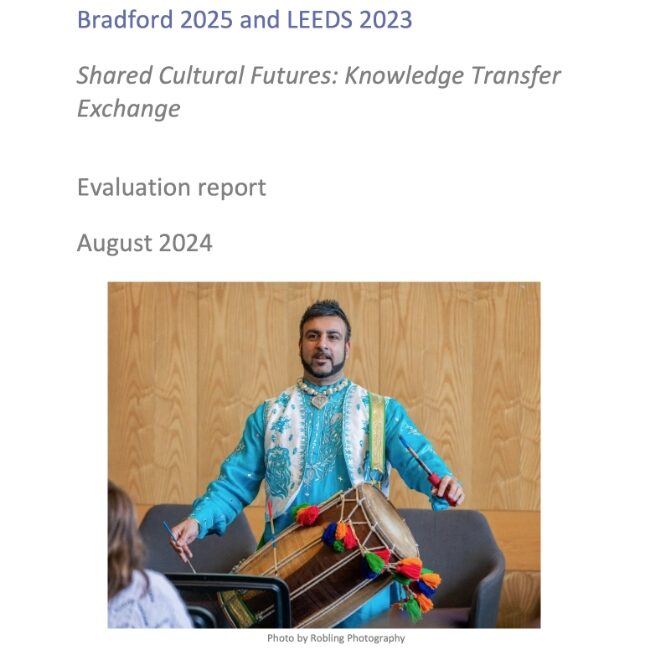
3LEEDS 2023 & Bradford 2025: Shared Cultural Futures
This project evaluation provides insights on how to improve knowledge transfer between events and create a learning culture within a group of event organisers. It demonstrates the need for ringfencing both time and funding to knowledge exchange rather than expecting it to happen without resource.

